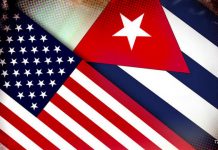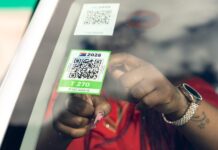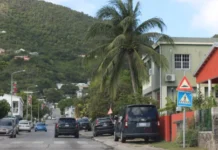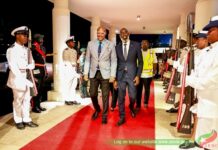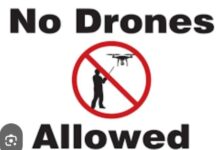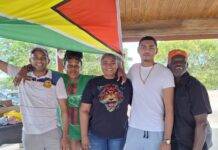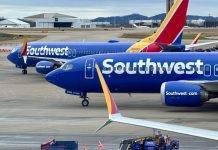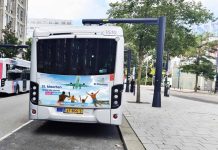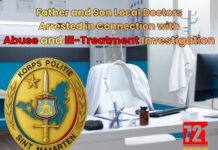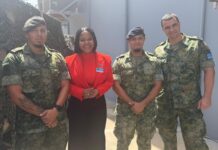
MIAMI – U.S. Coast Guard Cutter Northland’s crew offloaded approximately 2,220 pounds of cocaine and 3,320 pounds of marijuana worth an estimated $20.1 million, Wednesday, at Coast Guard Base Miami Beach.
The seized contraband was the result of four interdictions in the Caribbean Sea by the crews of HMCS William Hall and HNLMS Friesland with embarked Coast Guard law enforcement detachments.
“Stopping harmful and illicit narcotics from reaching our shores and entering our communities is a team effort,” said Cmdr. Brian Gismervik, Coast Guard Cutter Northland’s commanding officer. “In the dynamic maritime environment, it takes the combined efforts of our joint force DoD, DHS, and international partners to combat transnational criminal organizations.”
The following assets and crews were involved in the interdiction operations:
- Royal Canadian Navy ship HMCS William Hall
- Royal Netherlands Navy ship HNLMS Friesland
- U.S. Navy ship USS Cole
- U.S. Coast Guard Tactical Law Enforcement Team South, LEDET 404
- U.S. Coast Guard Tactical Law Enforcement Team Pacific, LEDET 103
- Helicopter Interdiction Tactical Squadron Jacksonville
- Seventh Coast Guard District staff

Detecting and interdicting illicit drug traffickers on the high seas involves significant interagency and international coordination. Joint Interagency Task Force-South, in Key West, conducts the detection and monitoring of aerial and maritime transit of illegal drugs.
Once an interdiction becomes imminent, the law enforcement phase of the operation begins, and control of the operation shifts to the U.S. Coast Guard for the interdiction and apprehension phases. Interdictions in the Caribbean Sea are performed by members of the U.S. Coast Guard under the authority and control of the Seventh Coast Guard District, headquartered in Miami.
USCGC Northland is a 270-foot Reliance-class medium endurance cutter homeported in Portsmouth under U.S. Coast Guard Atlantic Area Command.

